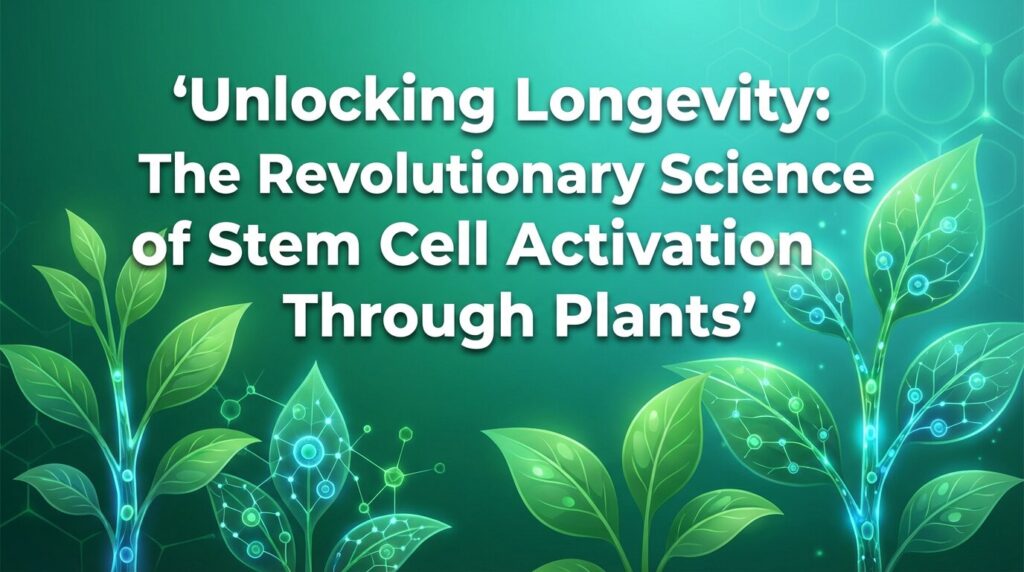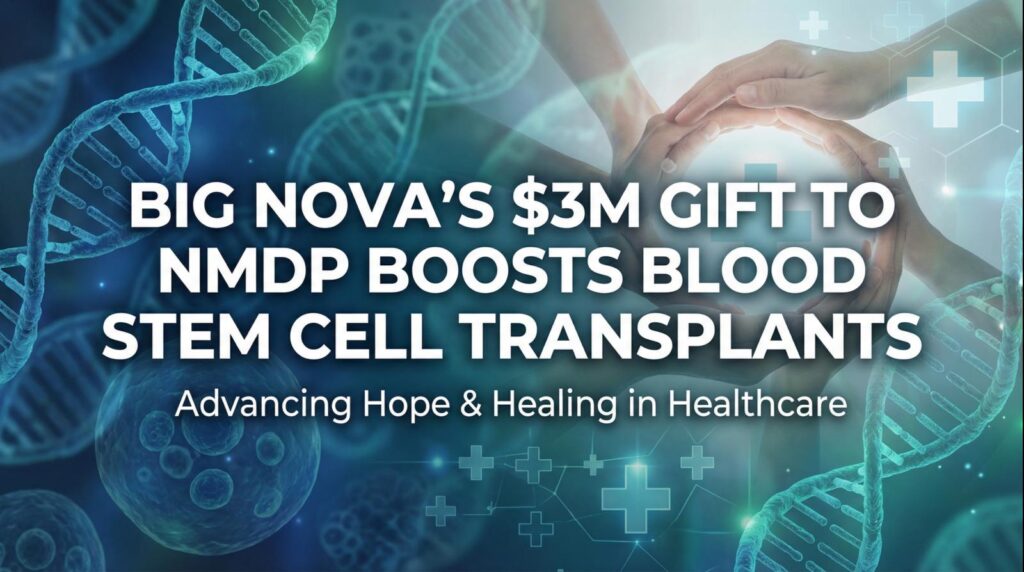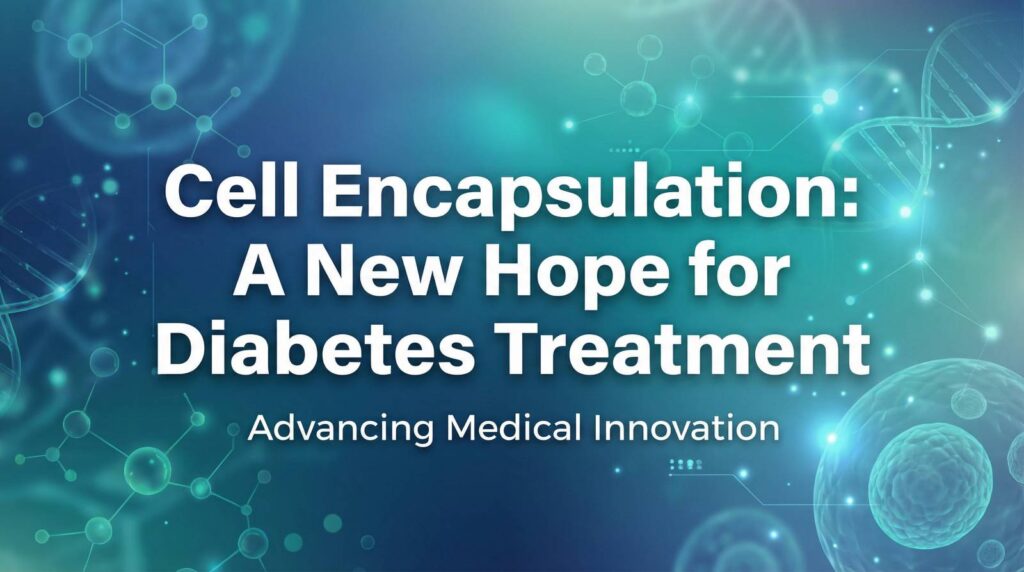In recent years, stem cell therapy has gained attention for its potential to heal and regenerate tissues.
However, widespread misconceptions still cloud public understanding.
In a compelling video presentation, Dr. Wade McKenna addresses and corrects five of the most common myths surrounding stem cell therapy in the United States.
Myth #1: Stem Cell Therapy is Banned in the U.S.
One of the most persistent myths is that stem cell therapy is illegal in the U.S.
Dr. McKenna clarifies that autologous bone marrow aspirate concentrate—a form of stem cell therapy—is not only legal but also widely used in clinical settings such as spine surgery.
His clinic has utilized a specialized bone marrow aspiration kit for over a decade, proving its acceptance and reliability.
Myth #2: No Scientific Research Supports Stem Cell Therapy
Contrary to claims that stem cell treatments lack scientific validation, there are over 6,500 peer-reviewed studies focused specifically on bone marrow concentrate.
These studies document the therapy’s effectiveness in reducing infection risks and improving recovery outcomes, with no significant side effects reported.
Myth #3: Legal Only in Foreign Countries
While some forms of stem cell treatments—like cultured umbilical cord cells—are not permitted in the U.S., autologous procedures using a patient’s own cells are legal and effective.
Dr. McKenna emphasizes that ethical applications of postnatal tissues exist within the U.S. medical framework.
Myth #4: PRP is the Same as Stem Cell Therapy
Platelet-rich plasma (PRP) is often mistaken for a stem cell treatment.
Dr. McKenna explains that while PRP has therapeutic benefits, it is not a stem cell product.
Effective PRP treatment requires proper concentration and processing, distinguishing it from true stem cell therapies.
Myth #5: Stem Cell Use Involves Fetal Tissue and Harms Babies
Perhaps the most emotionally charged myth is the belief that stem cell therapy involves harming fetuses.
Dr. McKenna strongly refutes this, noting that clinical applications in the U.S. use ethically sourced placental tissues and do not involve fetal cell harvesting.
These procedures align with both medical ethics and legal standards.

Conclusion
Dr. McKenna’s insights dispel prevalent myths, highlighting that stem cell therapy, when conducted responsibly and ethically, offers substantial healing potential.
As research continues and public awareness grows, separating fact from fiction becomes essential for making informed medical decisions.
Watch Dr. McKenna’s full video below:



